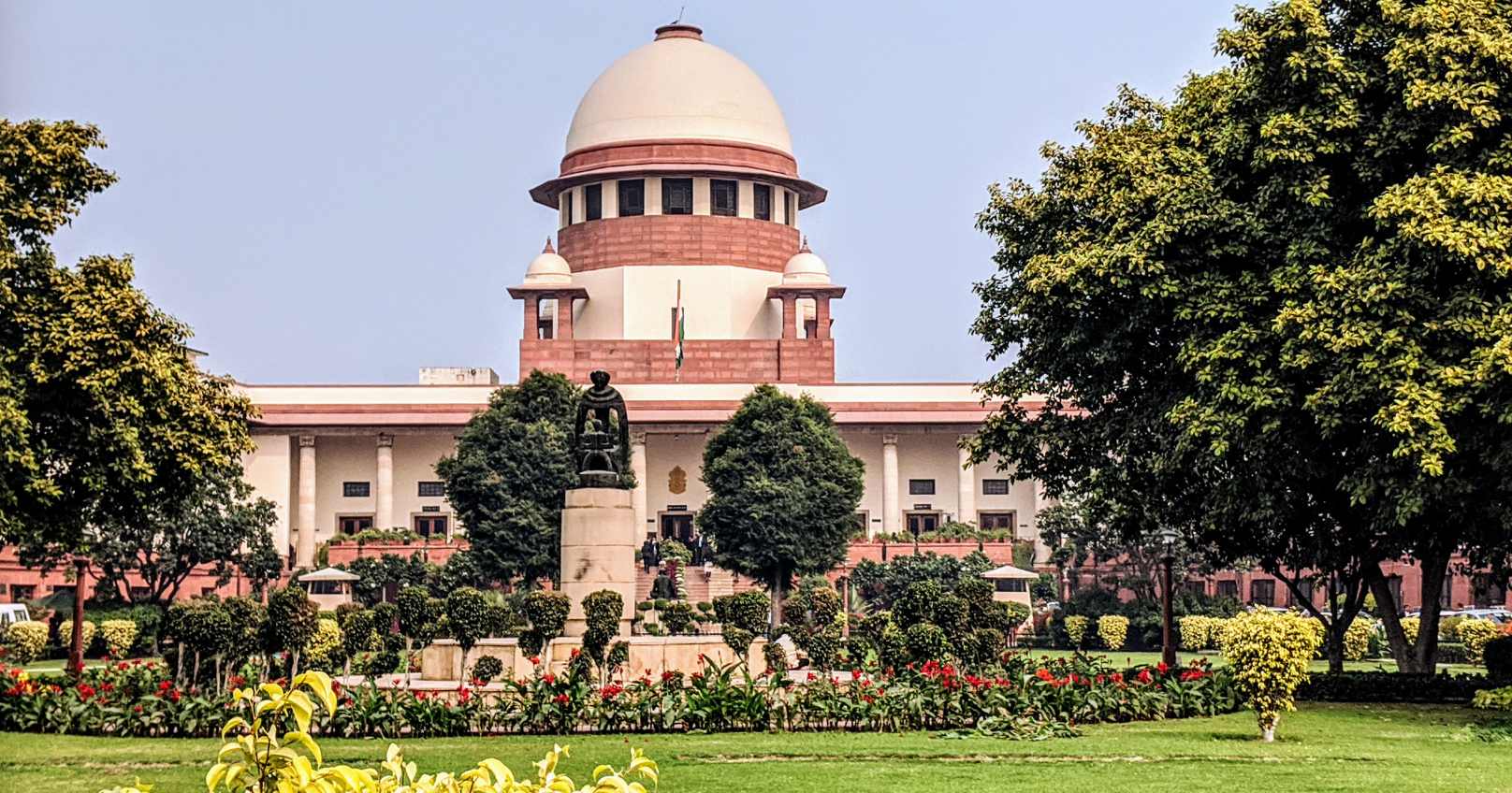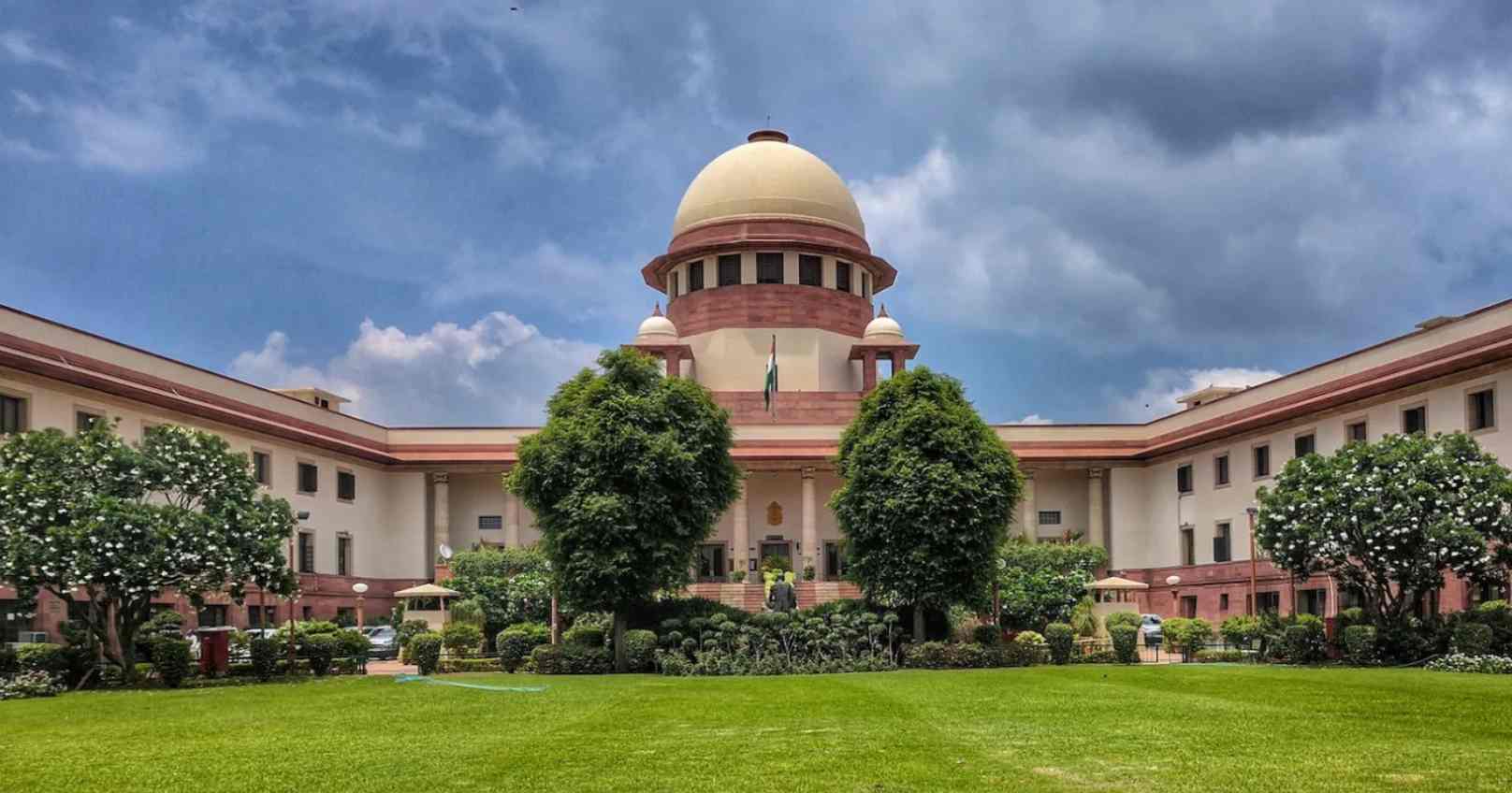The decision rendered by the Supreme Court of India on 10th April 2024 in the matter of Delhi Metro Rail Corporation Vs Delhi AirPort Metro Express Private Limited (DMRC vs. DAMEPL for short) setting aside a 2017 Arbitral Award, which had repeatedly withstood the test of judicial scrutiny at different levels of appeal including the Supreme Court -(except before the Division Bench in the High Court of Delhi) has most certainly sent shock waves to the legal fraternity -particularly those who are into the practice of Arbitration Law and the commercial world, as to the finality of the findings of fact and consequently the Judgment and Award duly contested by the contracting parties, since the Hon’ble Supreme Court seized extraordinary remedy of curative jurisdiction- for setting aside an Arbitral Award by entering into scrutiny and re appreciation of evidence, which had attained finality after repeatedly withstanding the test of its correctness at different levels of Appeals and Review Petition by the Supreme Court.
The Apex Court undoubtedly has been vested with the supreme authority and jurisdiction to rectify any error in a judgement, order and award passed by a court of law or any Tribunal to avoid miscarriage of justice and therefore may overturn it by entertaining a curative petition as has been laid down in the matter of Rupa Hurra Vs Ashok Hurra reported in (2002) 4 SCC 388 which had laid down substantially that, “In essence, the jurisdiction of this Court while deciding a curative petition, extends to cases where the Court acts beyond its jurisdiction, resulting in a grave miscarriage of justice.”
However, the monumental question, that emerges after pronouncement of the judgment and order of the Supreme Court, while exercising curative powers, is whether the authority vested in the highest hierarchy of the court exercising curative powers is an unbridled authority irrespective of the legal and statutory limits so as to enter into a roving enquiry at the curative stage - to detect miscarriages of justice by reappreciating evidence of a technical nature culminating into finding of fact, in spite of absence of any error apparent on the face of the record, since the judgement and award under challenge had attained finality after crossing all the stages of appeal and review upto the level of the highest court - being the Supreme Court, which had found no error in the Award much less any error apparent on the face of the record as the review petition had also been dismissed by the Supreme Court after which the award was also partly executed.
But by virtue of the curative power exercised by the Supreme Court while entertaining a Curative Petition, the Hon’ble Court held that the Award resulted into miscarriage of justice and hence set it aside with a caveat by recording a cautious observation that “The curative jurisdiction should not be used to open the floodgates and create a fourth or fifth stage of court intervention in an arbitral award, under the Court’s review jurisdiction or curative jurisdiction, respectively” which clearly implies that the judgement should not be treating as a precedent.
The question therefore is thought provoking for all concerned as to the impact regarding the finality of a judgment, order and award, if a curative petition is fit to be entertained by the Supreme Court for entering into re appreciation of evidence and thereby reversing the findings of fact though limited to only special cases, in spite of the statutory limits imposed by way of an Amendment introduced in the Arbitration and Conciliation Act in the year 2015, under section 34 by adding a proviso (2A) to Section 34 which specifically lays down the ambit and scope for setting aside an arbitral award. Relevant amended provision in that context, enumerated under section 34 (2A) is quoted hereinafter for facility of reference which unequivocally states as follows:- “An arbitral award arising out of arbitration, other than international commercial arbitration, may also be set aside by the court, if the court finds that the award is vitiated by patent illegality, appearing on the face of the award: Provided that an award shall not be set aside, merely on the ground of an erroneous application of the law or by reappreciation of evidence.”
Thus the proviso unambiguously intended to bring finality to the judgement and award duly passed after contest in between the parties putting a restraint on re appreciation of evidence and interference with the findings of fact recorded by the final court of fact provided patent illegality, jurisdictional error or miscarriage of justice is found in the impugned award.
Hence the vital issue for legal and judicial analysis, specially for those who are into practice of the law of Arbitration as also the stakeholders, clearly emerges whether subjective satisfaction of the court by entering into reappreciation of evidence on a finding of fact recorded by the final court of fact and tested repeatedly by way of appeal and review upto the stage of Supreme Court can be straight away overturned / reversed by the Supreme Court with the aid of curative power and whether the same can be perceived to withstand the parameters of conscientious discharge of justice as per law laid down, inspite of the statutory bar in an Act or Rule, clearly reflecting that the exercise of such authority by way of a curative petition clearly fraught with the risk of reducing such exercise as an authoritarian exercise of curative power to the extent of appeasing subjective satisfaction rather than living up to the standards of objectivity and conscientious dispensation of justice as setting aside the finding of fact recorded by the final court of fact under the statutory provision of the Arbitration and Conciliation Act-1996 seems to be reducing itself akin to an unguided missile, overlooking the limits on its power specifically by statutory restraint.
On the face of it, this runs the risk of being perceived as bulldozing the law of arbitration making it redundant which was conceived, enacted and enforced as a speedy remedy by way of an alternative dispute resolution forum essentially to resolve dispute under the law of contract.
The judgement and order in DMRC Vs. DAMEPL thus is bound to have huge ramifications on the commercial disputes at the national and international level which resorts to the remedy of arbitration forum in the event of existence of a dispute between the contracting parties.
A speedy remedy by approaching Arbitral Tribunals for resolution of commercial and contractual disputes has been well recognised globally and being resorted to for resolution of essentially contractual disputes in the national and international forums which has developed and established into a credible alternative dispute resolution mechanism.
It has gained credibility as the losing party against whom and award has been passed, is not remedy less but can challenge the same in the various courts of law viz. High Courts (and even district courts in a few states) and thereafter to the Supreme Court, which finally is the ultimate forum for upholding the award passed by the arbitrators’ after contest.
The judgement and order of the Supreme Court upholding or reversing the award thereafter, is also open to challenge by way of a review petition and finally by way of curative petition to avoid miscarriage of justice. But the pivotal question obviously arises whether miscarriage of justice should reflect at a glance in the judgment or award under challenge so as to rectify it by exercising curative power or the same should invite microscopic scrutiny of re appreciation of evidence to the extent of setting aside even the finding of fact over looking the statutory restraint under the Arbitration and Conciliation Act introduced vide a specific amendment of 2015 which clearly bars reappreciation of evidence to set aside an award.
The question thus looms large, whether the matter having already been routed through the labyrinth of appellate forums at the highest level of law courts being the Supreme Court, can be overturned straight away under its curative jurisdiction by the Supreme Court by setting aside the finding of fact recorded by the final court of fact and substituting it not due to jurisdictional error of law or erroneous application of law but based on a view reflecting subjective satisfaction for setting aside a well contested award based on inference that it has resulted into miscarriage of justice to one of the contesting parties which had duly participated in the proceedings at every forum, and although the award as already stated, had been upheld by the Supreme Court upto the stage of review petition which had found no error apparent on the face of the record but under curative jurisdiction, it was held to have resulted into miscarriage of justice.
It is undoubtedly difficult to reconcile these two diametrically opposite view points in the judgment and order pronounced with the aid of curative power. The fallout of the verdict thus is surely of grave concern and fraught with grave consequences on the continuance of the arbitration proceedings, which needs to be deliberated and addressed by appropriate remedy, whether an award which is upheld even up to the stage of the Supreme Court based on scrutiny and appreciation of well adduced evidence led by the contesting parties, be reversed with the aid of curative power by the Supreme Court straight away banking upon its subjective satisfaction on a solitary piece of evidence - technical in nature, overlooking the statutory bar that an award cannot be set aside by way of reappreciation of evidence recorded by the court of facts and upheld by the appellate forums including the Supreme Court.
It would then be difficult to overlook, that the consequence is nothing short of transgressing the limits of restraint on the power of the courts to interfere with the finding of facts inspite of the amendment introduced in the year 2015 in the Arbitration and Conciliation Act 1996 after the judgment of 2004 in the matter of Rupa Hurra vs Ashok Hurra by which a proviso 2A to section 34 of the Act 1996 was introduced barring reappreciation of evidence for setting aside an Award.
As a fall out of the above approach, commercial disputes which were resorting to domestic arbitration forum as also international arbitrations which have been striving hard to make India a hub of international arbitrations like Singapore, London, Dubai etc, is bound to suffer a huge setback if the finality of the award which is upheld by all forums of appeal and review even upto the stage of Supreme Court crumbles down like a pack of cards as it gets set aside with the aid of curative petition by reappreciating evidence of a highly technical nature in order to hold that the findings of fact which had attained finality even upto the highest court- the Supreme Court, and no error apparent was found in the award which also had been partially executed, was suddenly found to have resulted into grave miscarriage of justice while entertaining a curative petition, unmindful of the consequence that such a view itself has the potentiality to result into a devastating verdict on Public Private Partnership commercial venture, as the curative verdict can ignore even the basic original investments that had been made by the investor under Public Private Partnership Contract duly executed.
If the injustice is patently glaring and reflected from the judgment and order even at a prima facie reading, clearly over riding the embargo on reappreciation of evidence under Section 34 (2A) vide Amendment introduced in 2015 in the Arbitrator & Conciliation Act 1996, it needs to be reflected whether miscarriage of justice emanates from subjective or objective reappreciation of evidence and whether the verdict is correct only due to the fact that there’s no appeal against the final judgment and order. No wonder, a former Chief Justice of India had expressed - though informally and in a lighter vein - that the Supreme Court is not correct as it is right but because there’s no appeal against the same.
Hence the ratio of the judgement in Rupa Hurra Vs Ashok Hurra (Supra) clearly needs to be clarified whether the Court would be correct to saddle itself with the statutory bars by not allowing itself to indulge in reappreciation of evidence at the final stage of finality and substitute its view even on a “finding of fact” in order to enforce its subjective satisfaction to establish miscarriage of justice inspite of statutory embargo which has laid down:- “Provided that an award shall not be set aside, merely on the ground of an erroneous application of the law or by reappreciation of evidence.”
In the light of the above noted analysis, it is for the legal and judicial fraternity to consider and clarify, whether in view of the proviso 2A to Section 34 incorporated vide amendment of 2015, in the Arbitration & Conciliation Act 1996, boundaries require to be delineated for reversal of the findings of fact while exercising curative powers and clarify the ambit and scope of curative petitions.
In the alternative whether remand of the matter by the Court exercising curative powers to the court of fact should be the only just and appropriate remedy to avoid miscarriage of justice by the justice delivery forums including appellate and curative. In the event of failure to address this concern, it will continue to encourage arguable abuse of the process tactics resulting into great disservice to the strength and credibility of the institution of alternative dispute resolution remedy which has gone a long way.
- Justice Gyan Sudha Mishra served as Judge, Supreme Court or India.






